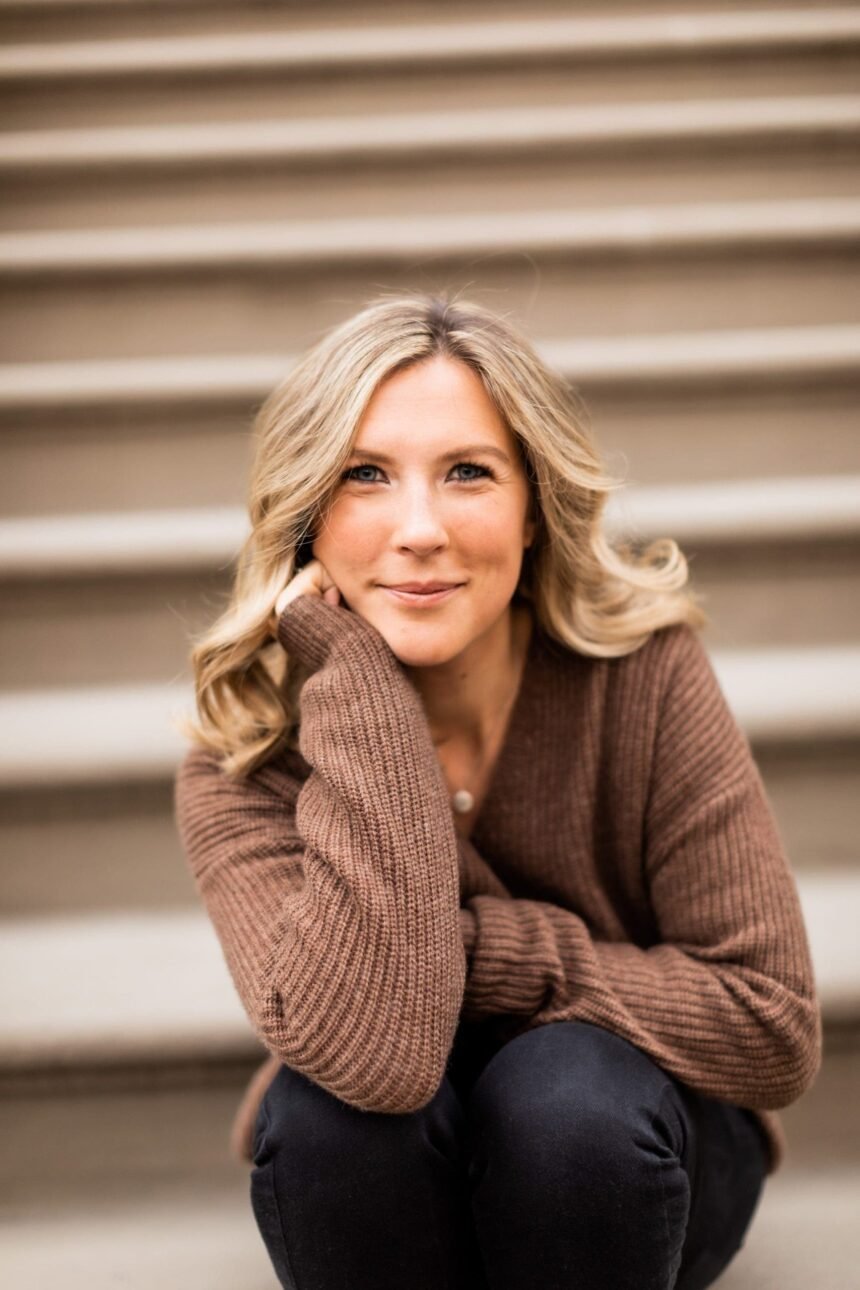[ad_1]
Overcoming Fear and Embracing Joy – A Personal Story
Anxiety shivered through me as I sat in an exam chair. Past experiences related to five unsuccessful pregnancies and their subsequent ultrasound scans had tainted this otherwise neutral circumstance. As I found myself eight weeks pregnant once more, my hopes were cautiously low. Nevertheless, the yearning in my heart for the growing life within me was impossible to stifle. The upcoming ultrasound image would reveal if my hopes for holding this baby in my arms could continue or if grief would once again whisk it away – leaving me to hold it solely in my heart.
Confronting Fear Amidst Celeberations
As the ultrasound flickered to life on the screen, an explosion of jubilant cheers and laughter filled the room. My husband, the nurses, and ultrasound technicians celebrated the positive image on the screen. I tried my best to join in the merriment, feigning a weak smile. I recognized the invitation to rejoice in the moment. However, fear overcame what should have been pure joy for me. Experiences of continual loss and heartache had made me wary of joy, fearful of losing what might be snatched away once more.
Would my dreams only pave the way to sorrow? Would my hope only lead me to disappointment?
Oftentimes, we neglect to acknowledge the vulnerability joy exposes us to.
Regardless of the specifics of your personal strife, experiencing any form of pain or trauma can make the prospect of embracing joy feel unsafe – The fear that the joy we hold may shatter becomes too great to bear.
How Pessimism Masks Fear
Most people don’t associate fear with joy. However, joy can indeed invoke fear. When we’ve been subjected to distress or trauma, it often feels safer to avoid joy altogether than risk the heartache of losing it. As a result, we tend to keep joy at arm’s length in an attempt to safeguard ourselves.
Turning Pessimism and Cynicism into Shields
For those who have experienced a significant or recurring loss, pessimism serves as a guard against joy-associated fear. We often find ourselves peering into the future through a lens of negativity, expecting the worst-case scenario, rather than daring to dream about the possibilities. This form of defensive pessimism shapes our behavior, guiding us to anticipate disappointment and rehearse disaster scenarios, all in the misguided attempt to prepare ourselves for the pain we are convinced will inevitably come.
In the same vein, many people lean on cynicism as a protective armor. While pessimism is characterized by little hope or confidence in the future, cynicism comes from doubting people’s motives, or even God’s intentions. Although we are intellectually aware of God’s benevolence, we often perceive the “good” things in our lives as the broccoli on our dinner plate: yes, it’s good for us, but not something we’re genuinely excited about.
The chronic loss I endured was not solely characterized by the pain of the loss, but more so by my refusal to welcome joy when it presented itself.
There exists a common and painful fear that we will forever mourn the life that God has planned for us. It is important to clarify that God does not orchestrate our suffering. However, when we’ve endured pain, we often fear that His plans – the trials and blessings he does or does not allow – will always be a source of grief. Consequently, we turn cynical and assume that God’s goodness will always feel like growing pains.
Finding Hope in Thanksgiving
Although pessimism and cynicism might feel like trusty guards to many of us, they are unreliable and can blind us to the gifts present in our lives and block our ability to look forward to the future with hopeful anticipation. The only practice that mitigates the vulnerability of joy is thanksgiving.
Differentiating Gratitude from Thanksgiving
Most people often use gratitude and thanksgiving interchangeably. However, there is a clear and significant distinction between these two concepts. Thanksgiving is an outward expression of the gratitude we harbor within our hearts. This distinction is crucial because vocalizing our joy through thanksgiving doubles the joy we would otherwise feel by quietly nurturing gratitude within our hearts.
Hope does not refute the cost. It acknowledges the harsh reality yet refuses to succumb to fear, secure in the knowledge that what we can see is not all there is. Hope celebrates God’s promises and revels in the possibilities with Him.
Thanksgiving prompts us to recognize and celebrate God’s character and His presence with us. It reminds us of His past faithfulness and naturally encourages hope for the future. Instead of asking “What if I face disappointment or heartbreak?”, we should ask ourselves “What might God do?”, “What if it is going to be okay?” or better yet, “What if it’s wonderful?”
Your story may echo mine or perhaps, you’ve weathered different storms – chronic illness, broken relationships, or unfulfilled dreams. Regardless of the form your trials took, if you’ve let disappointments shrink your dreams or your heartache dampen your hope, remember that your loss has a dual nature. Not only does it encompass the searing pain of the loss itself, but it also includes missed opportunities for joy.
Facing the Future with Hope
I regret not being able to celebrate moments of progress, not seizing yeses, not appreciating the beauty of the present, and not connecting fully with the people I love.
We must not look back on our precious, beautiful, and wonder-filled lives given by God only to realize we spent most of it bracing ourselves for the worst. So, the next time you find yourself debating over the safety of expressing joy or pondering if nurturing hope is wise, remind yourself that pessimism will not shield you. Instead, recall God’s unwavering faithfulness in the past and as you look towards the future, ask yourself, “What if it’s wonderful?”
[ad_2]









